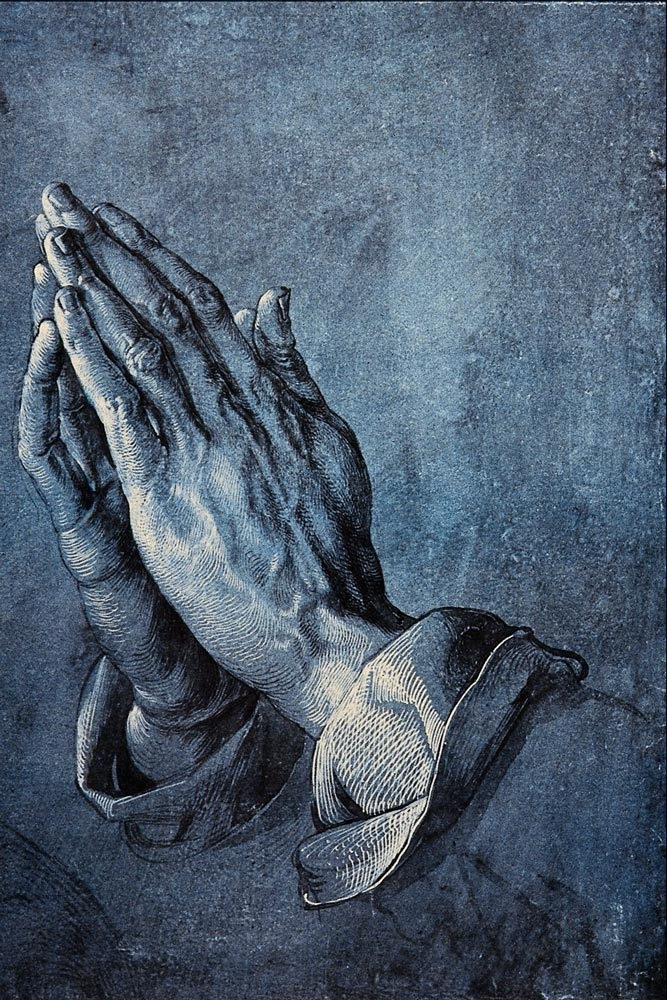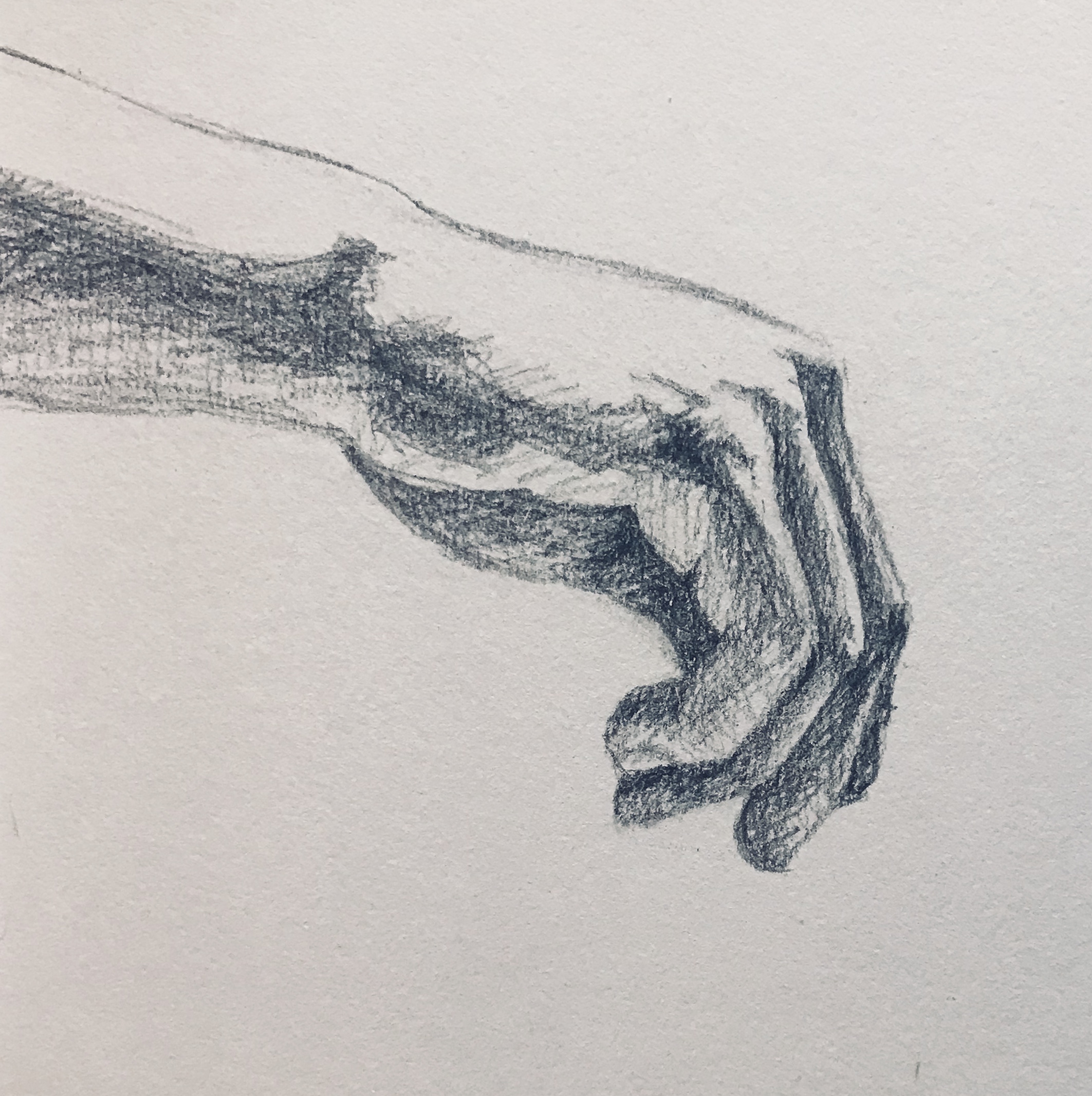In the conferences of John Cassian, there is a very important discussion about this virtue called “discretion.” It has to do with the monk’s ability to make a good discernment about what is the right course to take for someone who lives a radical life of psalmody, prayer, and work. When should I relax my normal rule of fasting? Should I follow what I am told to do by visions? Should I provide hospitality or seek greater solitude? If we look at the history of the development of Eastern monasticism we see a progression from certain inimitable examples of holiness and miraculous lives to the structures of cenobitism. Giving in to following austere practices that seemed synonymous with greater holiness was perhaps – at that time – an even greater risk than following a less severe and sometimes mediocre way. The prudence of a monk must incorporate the need for an austerity which says that I must live today as though it were my last day, and also as though I would have to live the same every day, over and over again, until I am 100. Between sleeping on the floor and sleeping on a great mattress, there is monastic discretion. Between eating three meals a day and eating once a week, there is monastic discretion.
Saint Aloysius Gonzaga, Religious

The Lord’s prayer is not just a formula. Indeed, Jesus Himself just finished rebuking those who multiply their words thinking that sheer quantity is what will get them a hearing before God. The Lord’s prayer is truly prayed by a heart that has allowed itself to resonate profoundly with the different sentiments and petitions contained therein. So the first step in learning how to pray the Lord’s prayer is actually understanding what each of the lines means:
“Our Father” – Our God is not Master, nor is He Judge, nor is He Supervisor or Babysitter. Our God is not Mother, nor is He Friend or Buddy. Fatherhood is a relationship to a being from whom we have received life, and so long as a man continues to give life he is truly a father. The life that God the Father gives us is something we call Grace, that Grace is nothing less than a share in His own Life. We continue to receive that grace to the extent that we allow God to exercise His Fatherhood upon us. The first statement of the Lord’s prayer takes us immediately to the core of Christianity. Our God is the True Father.
Wednesday of the Eleventh Week in Ordinary Time

The prophet Elijah is one of very few people said to have been assumed into heaven. There is of course the Blessed Virgin Mary, some speak of Moses, others of Saint John the Apostle. The only one clearly indicated in the scriptures is the assumption of Elijah. Not only is it a unique occurrence, it is also fairly dramatic with blazing horses and chariot. As Elijah is taken up into heaven, he leaves everything behind – even the prophet’s mantle. Even the amazing office of prophet is useless and of little importance in heaven. When we come before God, we will appear in all our miserable plainness. We will be naked in our broken personhood before the majesty of perfection itself. The only light that will shine from our being is that light of faith and trust in God’s mercy that He Himself planted in our hearts. The more we’ve trusted in that mercy in this life, the brighter we will shine at the moment of judgment.

